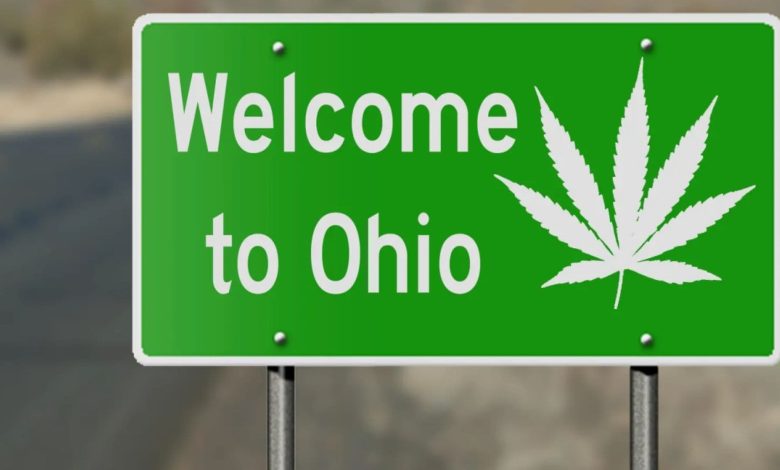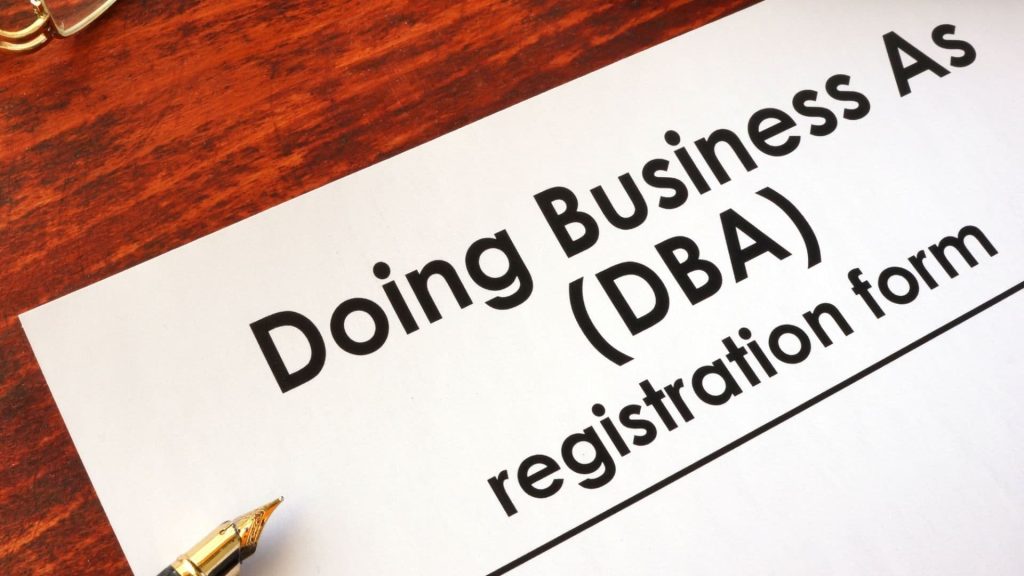
Does my DBA need to be on my vendor’s license Ohio? Many business owners in Ohio grapple with this question as they work to establish their businesses. It’s crucial to understand the relationship between a “Doing Business As” (DBA) name and a vendor’s license in Ohio to ensure you comply with the state’s rules and run your business effectively. A DBA, also referred to as a fictitious business name, trade name, or assumed name, permits a business to operate under a name other than its legal, registered name. This is particularly helpful for sole proprietorships and partnerships, as their legal names are the names of the owners. DBA laws typically aim to protect consumers, ensuring they know the true legal name of the company they are interacting with. DBAs can also be useful for LLCs and corporations that wish to expand services, open new branches, or operate under a different brand without changing their legal name.
For instance, if a sole proprietor named “Jack Brown” wants to operate a carpentry business, they might register a DBA like “Jack the Stripper” to make their business more memorable and appealing. Similarly, an LLC named “Whiskey Jacks LLC” might file a DBA like “Monterey Jack’s” if they decide to open a cheese shop as an extension of their existing whiskey business.
Registering a DBA often provides several benefits:
- Privacy: It can provide a layer of privacy by separating the owner’s personal name from the public-facing business name.
- Branding: It allows businesses to create more marketable and memorable names that better reflect their products or services.
- Flexibility: Businesses can use multiple DBAs to operate distinct branches, product lines, or websites under the umbrella of their legal entity.
However, it’s important to note that a DBA does not offer the same legal protections as a trademark or create a separate legal entity. For comprehensive brand protection, businesses should consider registering a trademark.
Vendor licenses, on the other hand, are issued by state or local authorities to authorize businesses to sell taxable goods or services. These licenses are typically required for businesses that collect sales tax and are often tied to the legal name of the business, though some jurisdictions may allow or require the inclusion of DBAs.

DBA Registration Procedures
In some states, DBA registration might involve specific procedures, such as publishing a notice in a local newspaper. Failing to follow these requirements could result in penalties or the revocation of your DBA or business license. It is crucial to contact the appropriate state or county authority for detailed information on meeting these requirements.
For instance, in California, DBAs need to be approved and registered before use in any official capacity. It is highly recommended to consult with an attorney or accountant familiar with small business licensing requirements in your area, particularly in Ohio, to get personalized guidance and ensure compliance.
You should check with the Ohio Secretary of State or your local county clerk’s office for the precise requirements in Ohio. Additionally, contacting your local tax authority or licensing office can provide further clarification.
FAQs
What is the difference between a DBA and a business license?
A DBA allows you to conduct business under a different name from your legal business name. A business license gives you permission to operate a business in a specific location.
Do I need both a DBA and a business license in Ohio?
You may need both depending on local regulations. To find out, contact your local city or county offices.
Where do I file a DBA in Ohio?
You can check with the Ohio Secretary of State or your local county clerk’s office.